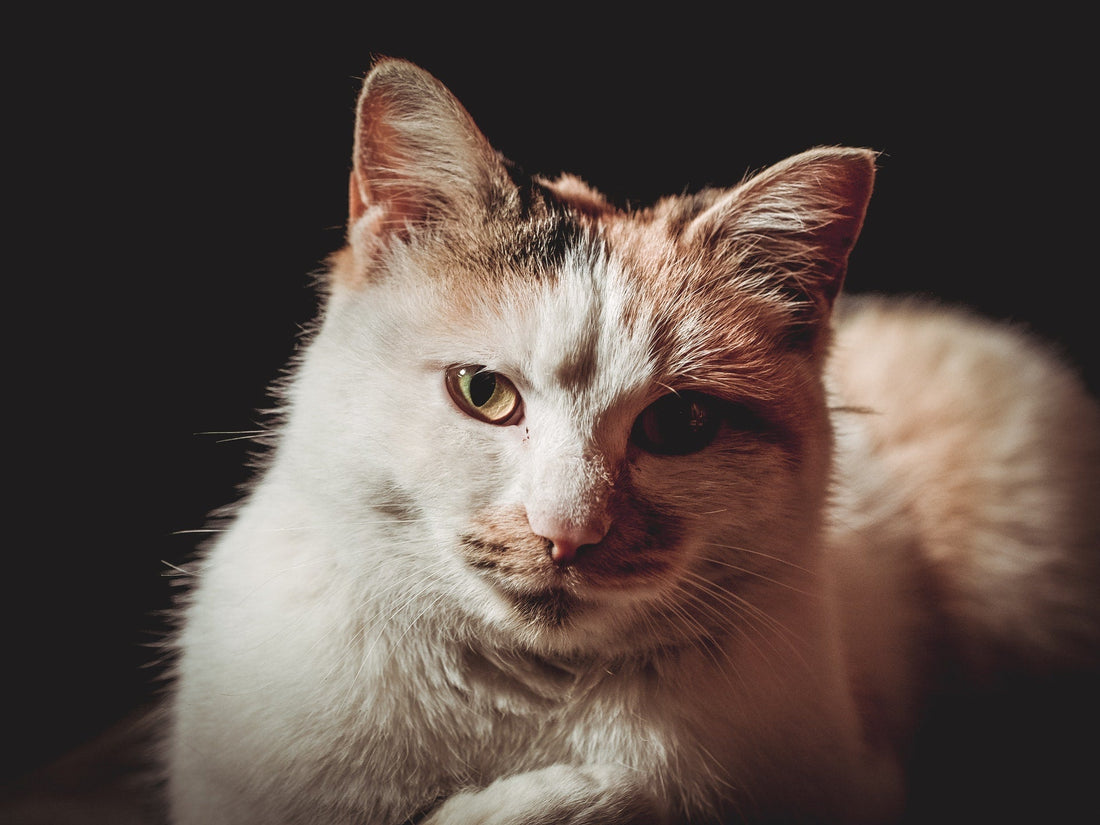One of the most important treatments of feline kidney disease revolves around changing a diet, so when your cats are diagnosed with kidney disease, you must be able to discuss your cats' diet with your vet.
Nutritional management for cats with kidney disease
Protein
As the kidneys are responsible for eliminating protein waste products, a low-protein diet is probably the best known and most controversial nutritional modification and can improve kidney function by decreasing the workload on the kidneys to excrete the waste products.
Phosphorus
Phosphorus accumulates in the body when the kidneys are not working properly. Minimising phosphorus retention is thought to slow the progression of kidney disease and prolong the life of cats by protecting the kidneys from further damage.
Sodium
A low-sodium diet reduces the workload on the kidneys and decreases high blood pressure that accompanies reduced kidney function.
Omega-3 fatty acids
Giving your cats Omega-3 fatty acids improves renal blood circulation whilst slowing the progression of the disease. Fish oil supplements are usually recommended to decrease inflammation inside the kidneys, which helps keep cats healthier.
Water
Diseased kidneys are not as effective at concentrating the urine and get rid of waste products through the urine, so water intake is of utmost importance. Feeding canned foods that are high in moisture, adding water to the existing canned or dry foods, and making sure water bowls are cleaned daily may encourage water consumption.
Last but not least, have your cats evaluated by your vet periodically to determine the extent of the kidney disease and to possibly change the diet.
Source: PetMD
Featured image by Bilguun Bayarmagnai

